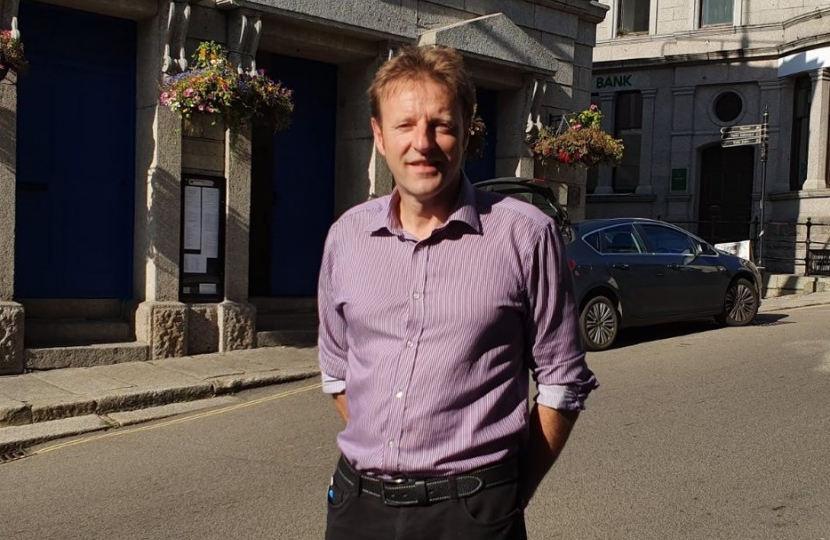
Having seen the difficulties, unfairness and harm caused by the Common Fisheries Policy (CFP), the opportunity to contribute to the UK Fisheries Bill debate in the Commons on Tuesday was welcome indeed. I’m greatly privileged to represent an area with a port such as Newlyn and a host of fishing communities from St Ives around and down to the Lizard (as well as Scilly of course). Those employed in the industry are looking to us to deliver a tailor-made, world-leading system for fisheries management. We have a fishing heritage worthy of note, a fleet that wants to protect and enhance fish stocks for future generations and an appetite to build a modern fishing fleet delivering the best fish for our tables.
It’s a complex task to transition from the CFP to a UK fishing policy and the personal commitment of George Eustice to get this right is fantastic. The best possible outcome is to deliver a policy that is flexible and adaptable, that harnesses the science with the knowledge, experience and expertise of the industry and this can only be delivered if a model of co-management is developed. The DEFRA-supported UK-wide ‘Future of our Inshore Fisheries’ initiative concluded that ‘the future of inshore fishing, and fishing more broadly, should be determined through, and delivered by co-management.’
The Lords are seeking to amend the Bill to install a heavy burden of regulation and bureaucracy on fishermen believing the industry is pre-occupied with greater access to fish and putting economic gain before environmental protection. This is not the record of the South West fleet which has supported restraint and caution in favour of fish stock recovery over many years. No fisherman I know sets out to bankrupt the resources future fishermen and women will depend upon. Our fishing fleet is part of the solution
not the problem and I cannot overstate the need to maintain a close relationship with our fishing industry - the prize here is to include them in the management design and decision-making process and trust in the knowledge the industry holds. We can then deliver a smooth transition and a vibrant sustainable fishing industry for Cornwall, Scilly and the UK as a whole. The benefit for our coastal communities will be significant.
The past few months have got to be the most challenging our schools, pupils and parents have experienced and getting back to school will be no less challenging. I do not underestimate the effort and preparations that are being made by teachers to ensure pupils feel welcome and can adjust back to formal classroom-based learning. Most families I’ve spoken with look forward to being back in school and the schools I had Zoom meetings with prior to the holidays shared this enthusiasm. I sincerely hope we can avoid battles between families and schools over issues on non-attendance.
We must find ways to reassure all families that schools can be safe places for their children and for some it will take time.
As a coronavirus update, during the 7-day period to the close of August the latest figures confirm that 2 in every 100,000 people across the Duchy tested positive for coronavirus. Schools in Cornwall carry a very low risk if any at all!



